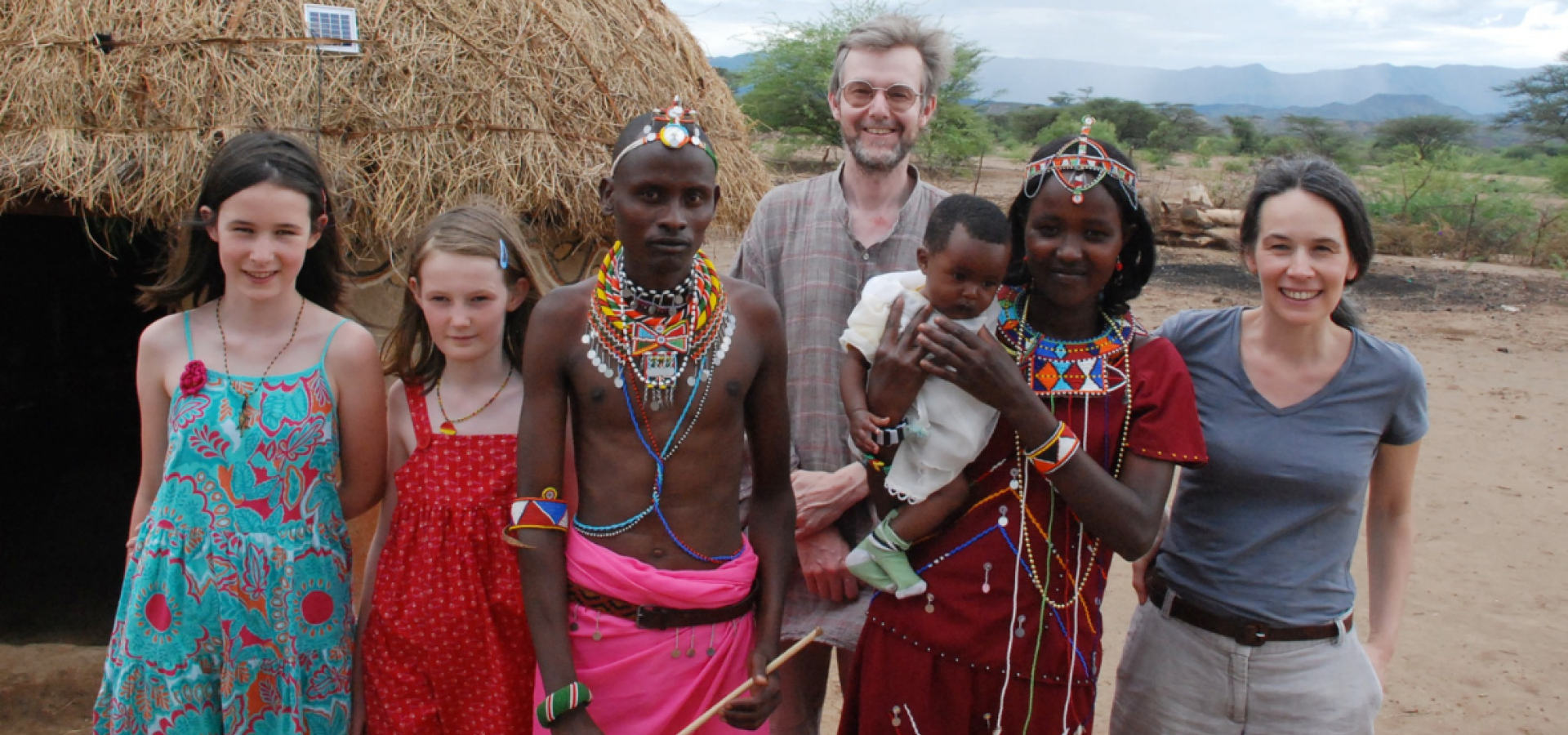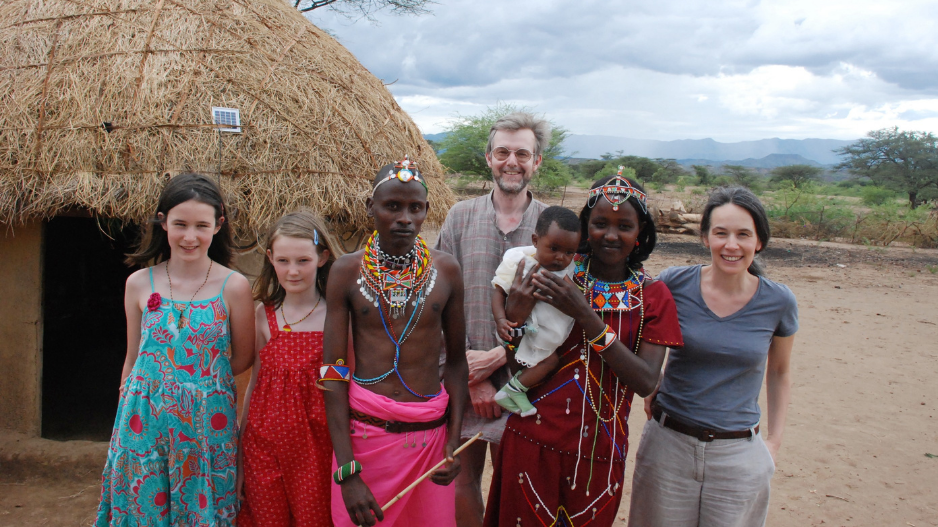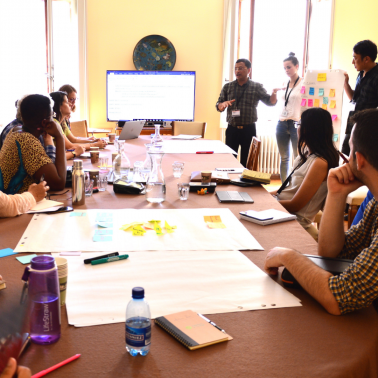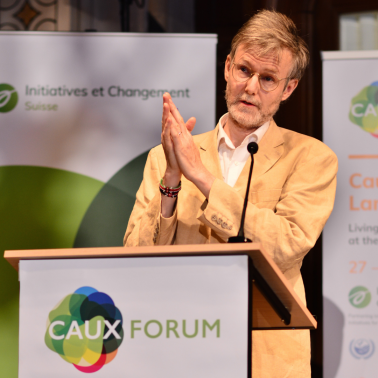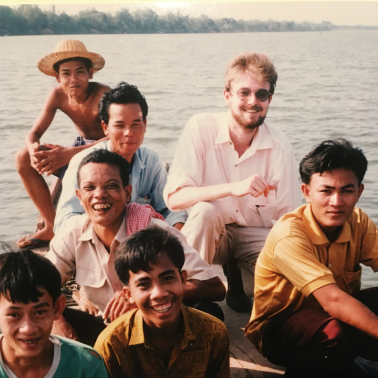
Seven years after embarking on that path, I was on holiday with my parents. I had returned from a three-month assignment in rural China. My father had returned from an IofC-inspired conference in Cambodia, where he had presented the Khmer version of the film For the Love of Tomorrow, on Irène Laure.
As we walked and talked, an idea emerged: we could make films to serve as catalysts for reconciliation in Cambodia. Shortly afterwards, we went to Cambodia for three months. Several thousand copies of our films, The Serene Smile and The Serene Life, were distributed across the country. We received an award from the Cambodian government and a letter of thanks from King Norodom Sihanouk.
We went on to create ‘For the Love of Tomorrow Films’. The zenith of our father-and-son collaboration was The Imam and the Pastor, which premiered at UN Headquarters in New York and won first prize at the Africa World Documentary Film Festival.
The film’s sequel, An African Answer, was filmed in Kenya. Pastor James Wuye and Imam Muhammad Ashafa, the protagonists of both films, came to Nairobi for the premiere. They said, ‘We like your energy here. Don’t let your life go cold in Europe but spend some time in Africa with your family.’ I had a deep sense to respond positively to that suggestion, as did my wife Mary. With the encouragement of the Initiatives of Change team in Kenya, we moved to Africa.
